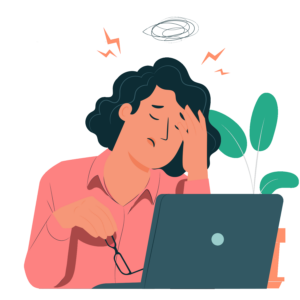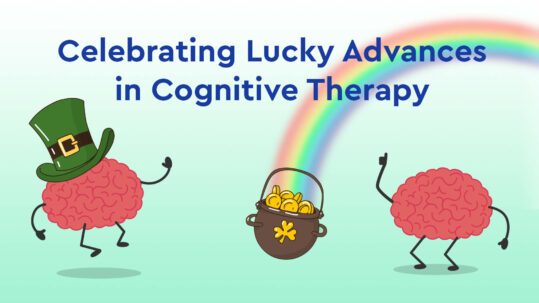How does mental fatigue affect health?
Have you ever wondered why we can feel exhausted after a day of working our brains, even if we haven’t physically exerted ourselves at all? After a hard day at a desk job or a long studying session, why do we sometimes feel so tired? There may be more to mental fatigue than previously thought!
New findings
A new study shows that working our brains too hard can lead to a buildup of a neurotransmitter called glutamate. It’s comparable to how lactic acid builds up in your muscles after a hard workout, leading to soreness and fatigue. However, the neurotransmitter is actually a potential toxin, so our brains slow down in order to handle this buildup of chemicals. While our brain takes care of business, the slowdown can lead to us feeling tired and sluggish.
When we focus on prolonged, intensive tasks, the frontal cortex is hard at work. Completing these kinds of tasks requires a lot of cognitive control, wherein the frontal cortex helps us to overcome impulses to stop working or do something less difficult. This is what leads to a buildup of glutamate, which can in fact be harmful in high quantities. The scientists performing the study believe that the glutamate is cleared away during sleep after a day of mental work.
An interesting takeaway that the scientists reported is that mental fatigue is subjective. The neurotransmitter response occurred in individuals who worked on tasks with varying levels of difficulty. Seemingly, if the individual felt that they were working hard, they experienced the buildup of glutamate in their frontal cortex.

Our takeaways
1. Be strategic about working vs. overworking. Of course, it’s great to be productive and we should take pride in the work we do. But having a good work/life balance is important too. Taking shorts breaks in the day might help you avoid some of the fatigue that comes with overworking. Taking time off throughout the year can provide a mental reset as well.
2. Get enough sleep! While it isn’t a definite that sleep specifically clears away buildups of glutamate, there are many scientifically proven benefits of getting enough sleep. This will help you maintain a good balance between work and your mental health.
3. Mental fatigue is a normal part of life in our modern world, but the aim is not to experience it so much that your quality of life suffers. It turns out that working smarter not harder is beneficial to your brain!
It’s always good to gain knowledge about our health and how to better care for ourselves. Knowing that overworking could affect brain health is a powerful insight that could change the way we think about our work lives. Being strategic about your work and your health could be a recipe for a more balanced life.









